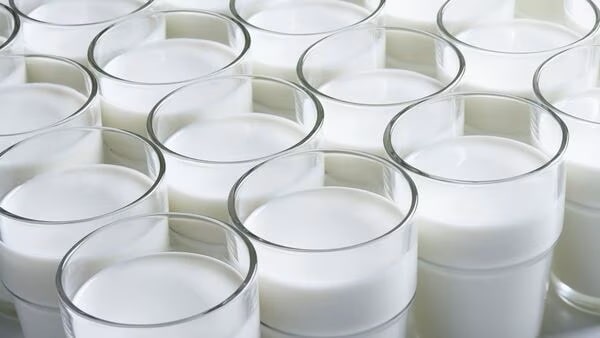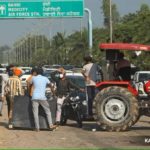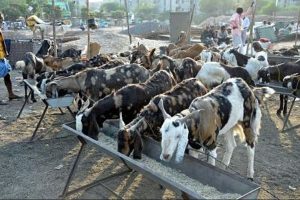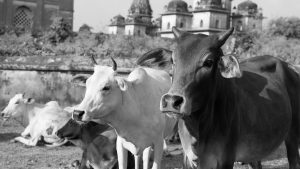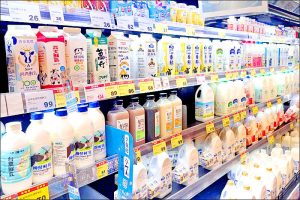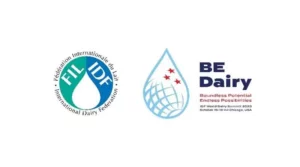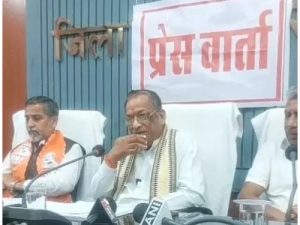
The Department of Animal Husbandry & Dairying does not regulate procurement and sale prices of milk in the country. Prices are decided by the cooperative and private dairies based on their cost of production and market forces.
Milk procurement rose 5.6% year-on-year in June, Union minister for Animal Husbandry and Dairying Parshottam Rupala said the in Lok Sabha on Tuesday.
This statement comes amid shortage of fodder which, in turn, has pushed up milk procurement prices as well.
Retail milk prices that have shot up nearly 22% in three years, including about 10% in the last one year, are expected to increase further in the coming three-four months as feed and fodder prices are on the rise amid the monsoon deluge.
The Department of Animal Husbandry & Dairying does not regulate procurement and sale prices of milk in the country. Prices are decided by the cooperative and private dairies based on their cost of production and market forces. The Wholesale Price Index of fodder, however, has been on a decline, with the reading at 248 in January, 237.4 in April, and at 222.70 in June.
With the start of the monsoon season, green fodder availability has improved, the minister said.
Though the department does not maintain any stock of milk commodities, it periodically reviews the milk situation in the country. Based on inputs received from major dairy cooperatives, the stock of skimmed milk powder has increased to 130,000 tonne from 116,002 tonne during May-June this year.
The Indian Grassland and Fodder Research Institute (IGFRI- ICAR) has prepared Fodder Development Plan for 25 states to enhance fodder availability in the states based on their cropping pattern and livestock species.
The ministry is implementing several dairy development schemes to help improve milk production and to meet the increasing demand of milk and milk products in the country, including National Programme for Dairy Development, Dairy Processing & Infrastructure Development Fund, and National Livestock Mission. These schemes provide for assistance in terms of input services, disease control, breed improvement etc. apart from creation of dairy infrastructure to support milk market access, remunerative price amongst others, across the year which thereby help enhance the income of farmers across the country.
The department has also been supplementing efforts made by state governments by implementing a centrally sponsored National Livestock Mission scheme with a sub mission on feed and fodder development since 2014-15. A component viz, fodder production from non-forest lands or range lands or degraded lands or grasslands as well as forest lands was operational from 2014 to July 2021. The scheme was realigned in July 2021 to enhance fodder availability with two components: assistance for quality fodder seeds production and entrepreneurial development programme on feed and fodder.
Besides this, the Department of Agriculture & Farmers Welfare is implementing the central scheme “Formation and Promotion of 10,000 Farmer Producer Organisations (FPOs)” through National Dairy Development Board as implementing agency to form and promote 100 FPOs, primarily fodder centric FPOs.
